Eating foods that contain both carbohydrates and protein can support your muscles after exercise. Experts advise consuming these nutrients soon after finishing your workout for the greatest benefit.
Providing the right fuel following exercise can help you get the most from your fitness efforts.
When you exercise, your muscles use up glycogen, the body’s preferred energy source. This leaves muscles partially depleted of glycogen. Some muscle proteins may also be broken down or damaged during activity.
Once your workout ends, your body works to restore glycogen and repair those damaged muscle proteins.
However, research indicates that consuming appropriate nutrients soon after exercise can speed up these processes. Proper post-exercise nutrition can also help:
- reduce muscle protein breakdown
- boost muscle protein synthesis (growth)
- lift your mood
- promote faster recovery
Continue reading to learn more about how to eat after workouts.
Macronutrients for post-workout recovery
Macronutrients are the main nutrients your body requires in larger amounts to supply the energy needed for daily function.
The three macronutrients are protein, carbohydrates, and fat. Each can play a role in your body’s recovery after exercise.
Protein repairs and builds muscle
Exercise stimulates the breakdown of muscle protein. The extent of this breakdown depends on variables such as training volume, intensity, and frequency.
Consuming sufficient protein throughout the day supplies your body with amino acids necessary to repair and rebuild those proteins. It also provides the raw materials needed to form new muscle tissue.
The International Society of Sports Nutrition (ISSN) suggests consuming 20 to 40 grams of protein every 3 to 4 hours. This pattern may help enhance exercise performance, muscle recovery, and body composition.
It’s also beneficial to eat protein both before and after exercise.
A study found that protein consumed pre-workout and post-workout produces a similar impact on muscle strength, hypertrophy, and changes in body composition.
Having protein before training may reduce how much you need afterwards while still supporting recovery.
Still, if your primary goal is to build muscle, the ISSN recommends consuming high-quality protein within the first 2 hours after exercise to stimulate new muscle protein formation.
Carbohydrates assist recovery
Your glycogen stores are tapped for fuel during activity, and eating carbohydrates after training helps replenish those stores.
How quickly glycogen is used depends on the type of exercise.
For example, endurance activities deplete glycogen more than resistance training. Therefore, if you do endurance sports like running or cycling, you may require more carbohydrates than someone focused on weight training.
The ISSN recommends a relatively high carbohydrate intake of 3.6 to 5.5 g of carbs per pound (8 to 12 g per kilogram) of body weight daily to maximize glycogen stores.
Moreover, when carbs and protein are eaten together, insulin release — which supports glycogen synthesis — may be increased.
Within the first 4 hours post-exercise, the ISSN recommends about 0.4 g of carbs per pound of body weight (0.8 g per kg) plus 0.1 to 0.2 g of protein per pound (0.2 to 0.4 g per kg) each hour to accelerate glycogen restoration.
Keep in mind these guidelines mainly apply to endurance athletes; those focused on resistance training may need less.
Fat might offer some advantages
According to the ISSN, insufficient evidence exists to recommend restricting fat after workouts.
Many assume that post-exercise fat slows digestion and impedes nutrient absorption. Although fat can delay digestion of a post-workout meal, it does not necessarily diminish the meal’s benefits.
For instance, one study showed whole milk promoted muscle growth after exercise more effectively than skim milk.
Likewise, research found whole eggs produced a greater stimulus for muscle protein synthesis after exercise than egg whites alone.
Including some fat in your post-workout meal may not impair recovery, but further research is needed in this area.
Timing of your post-workout meal matters
Meal timing matters for optimizing recovery and muscle growth because your body’s ability to replenish glycogen and synthesize protein is elevated after exercise.
Sports nutrition researchers have examined nutrient timing for over 40 years.
Historically, experts advised consuming a post-workout meal within an hour. It was thought that delaying carbohydrate intake by even 2 hours could reduce glycogen synthesis rates by up to 50%.
However, more recent evidence suggests the window to maximize muscle response to protein is wider than once believed — possibly several hours.
Eating a meal with whole-food carbs and protein before training can also broaden your post-exercise window, since you may still benefit from the pre-workout meal.
Foods to eat after you work out
Your post-workout meal should deliver the nutrients needed for proper recovery and to get the most from your session. Choosing foods that are easy to digest helps speed nutrient uptake.
The list below gives examples of high-quality, easily digested options:
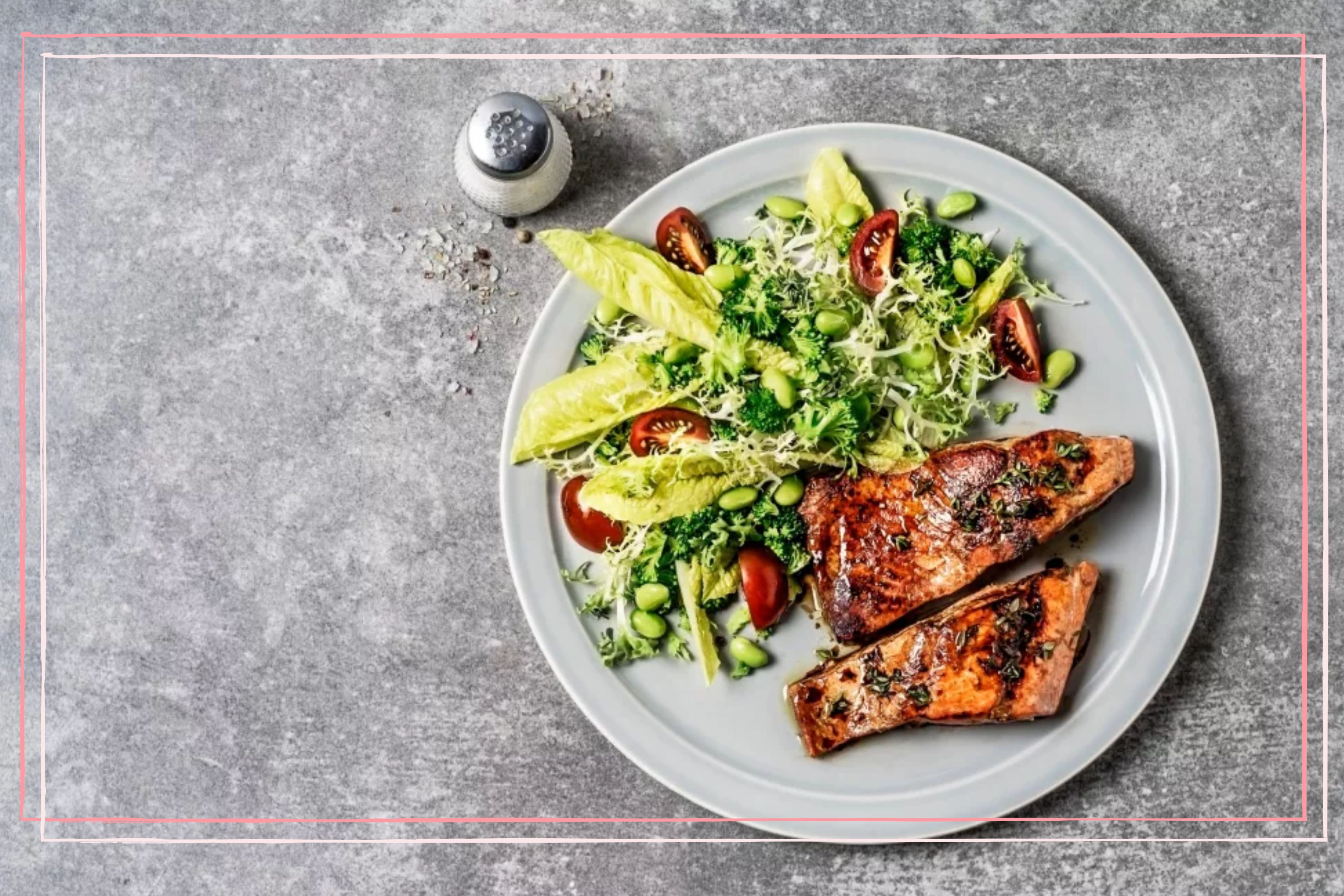
CarbsProteinFats• sweet potatoes
• chocolate milk
• quinoa and other grains
• fruits
• rice cakes
• rice
• oatmeal
• potatoes
• whole grain bread
• edamame• protein powder
• eggs
• Greek yogurt
• cottage cheese
• salmon
• chicken
• protein bar
• tuna• avocado
• nuts
• nut butter
• seeds
• trail mix
Sample post-workout meals and snacks
Combining the foods above can create balanced meals that supply the nutrients your body needs after exercise.
Meals
Quick and simple post-workout meal ideas include:
- grilled chicken with roasted veggies and rice
- egg omelet with avocado on whole-grain toast
- salmon with sweet potato
- tuna salad sandwich on whole-grain bread
- whole-grain toast with almond butter
- quinoa bowl with sweet potatoes, berries, and pecans
- oatmeal with whey protein, banana, and almonds
Snacks
Nutritious snacks to enjoy after training or during the day include:
- tuna with crackers
- cottage cheese with fruit
- pita with hummus
- rice crackers with peanut butter
- cereal with dairy or soy milk
- Greek yogurt with berries and granola
- protein shake and banana
- whole-grain crackers with string cheese and fruit
Be sure to hydrate
Maintaining proper hydration before and after exercise creates an internal environment that supports optimal performance and recovery.
Exercise causes fluid and electrolyte losses through sweat. Replenishing these after activity can aid recovery, performance, and help prevent injury.
The National Athletic Trainers’ Association (NATA) suggests drinking water in the hours before exercise and about 200 to 300 ml within 10 to 20 minutes of starting exercise.
After finishing, the NATA recommends replacing the fluids lost during your workout.
Frequently asked questions
What is the best thing to eat after a workout?
Good post-exercise options include a mix of chicken, potatoes, fish, rice, fruits, vegetables, and plant-based proteins.
Should you eat carbs or protein after a workout?
Evidence indicates that consuming a combination of protein and carbohydrates after exercise best supports recovery, muscle growth, and injury prevention.
When should I eat a post-workout meal?
The ISSN recommends consuming quality proteins and carbohydrates within 2 hours of completing exercise.
Takeaway
Eating adequate carbohydrates and protein after exercise is important.
This approach stimulates muscle protein synthesis, speeds recovery, and improves performance for your next session.
Avoid waiting more than a few hours before refueling with a snack or meal.
Finally, restoring lost fluids and electrolytes helps round out your recovery strategy and ensures you get the most from your workouts.

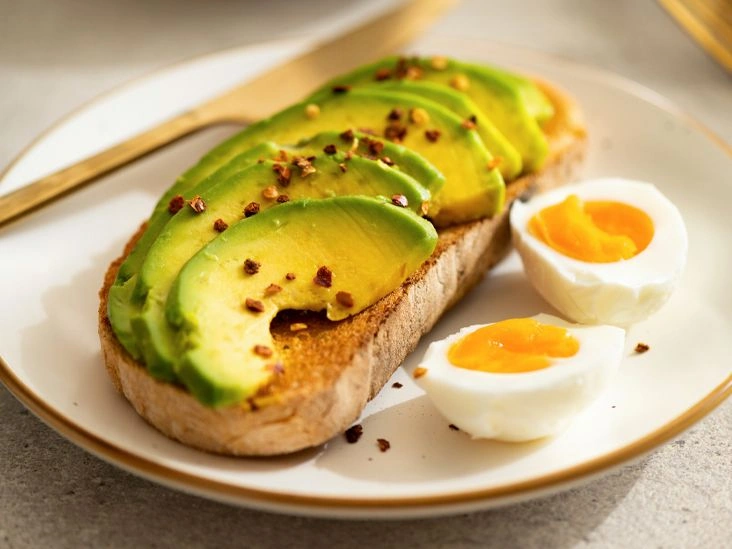
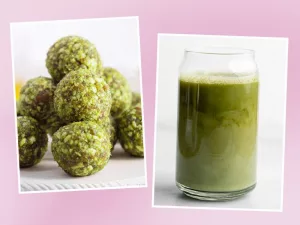
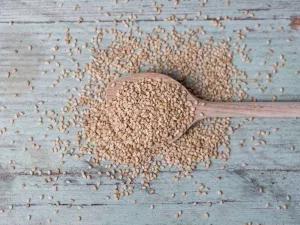
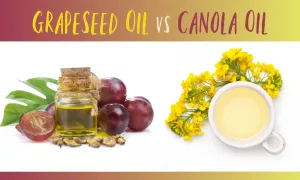
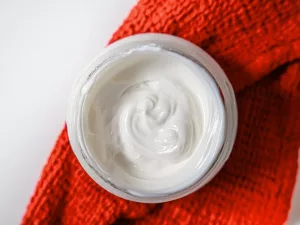
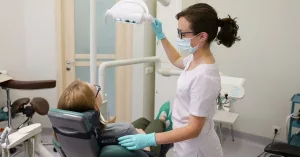
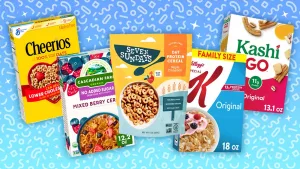




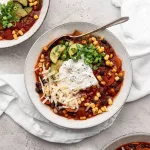
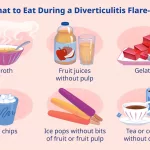

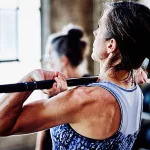


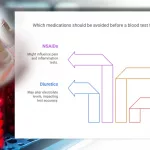
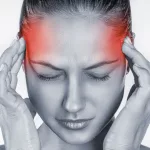


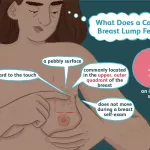
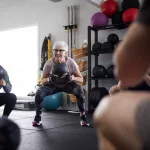
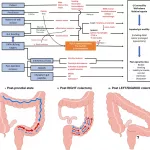
Leave a Reply
You must be logged in to post a comment.